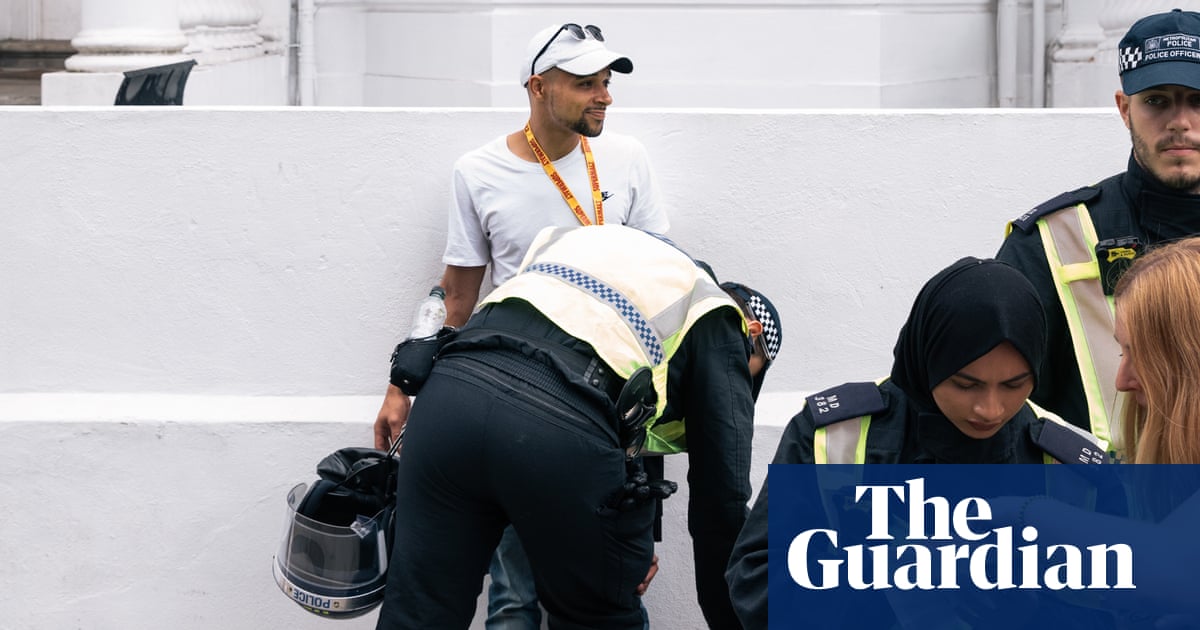
Clare’s Law, a scheme designed to protect unsuspecting women from new partners with a history of violence, is not being used properly by police forces, putting some women at risk of harm, a policing watchdog has warned.
In a far-reaching review of the police response to violence against women and girls, inspectors found the domestic violence disclosure scheme (DVDS), also known as Clare’s Law, was being inconsistently used across England and Wales.
Under the DVDS, any member of the public has the right to ask a force about a partner’s violent history. The police then decide whether to disclose relevant information if they think it is necessary to prevent a crime. Police officers can also disclose information without being asked under the “right to know” procedure.
Her Majesty’s Inspectorate of Constabulary and Fire & Rescue Services found that roughly half (52%) of “right to know” DVDS applications made proactively by police in England and Wales following concerns about a person’s criminal history in the year to March resulted in disclosure to a potential victim.
And less than two in five (39%) of “right to ask” DVDS applications by concerned members of the public – such as partners of potential suspects – resulted in disclosure, although this can sometimes be attributed to the absence of any information to pass on.
Police forces should aim to make disclosures within 35 days of a request but during the inspection, the watchdog found one force had only made three of the 10 “right to know” disclosures within 35 days, and one case was still outstanding after 150 days. The same force had made three of the four “right to ask” disclosures within 35 days, but the outstanding case had been running for 53 days.
Zoe Billingham, HM inspector of constabulary, said: “We can only imagine what potential harm might occur if that is replicated across the country. This should be a really important and vital way to protect women and prevent crime from happening. The variation in the applications versus the disclosures is just inexplicable.”
Billingham said the inspectorate was going to look at the use of DVDS in more detail.
The scheme was established following the murder of Clare Wood in 2009. Wood had made allegations against her ex-partner in the months before her death, including of harassment, threats to kill and sexual assault. Wood was not informed that her ex-partner had a history of violence against women and girls.
The root-and-branch examination of the police response to violence against women and girls found “problems, unevenness and inconsistencies” in dealing with the “epidemic” of violence against female victims in England and Wales.
The watchdog said the police response to such offences and victims had improved in the last five years, but said there remained concerns including around the “staggering variation” across police forces in England and Wales with regards to dealing with domestic abuse.
The report was based on more than 5,000 responses to surveys by and interviews with victims, members of the public, police forces and practitioners. It was commissioned by the home secretary, Priti Patel, following the killing of 33-year-old marketing executive Sarah Everard near Clapham Common, south London, in March.
Her rape and murder, by off-duty Metropolitan police officer Wayne Couzens, prompted a widespread outpouring of grief and anger, as well as demonstrations over concern for women’s safety. Couzens, now sacked by the Met, is due to be sentenced later this month.












